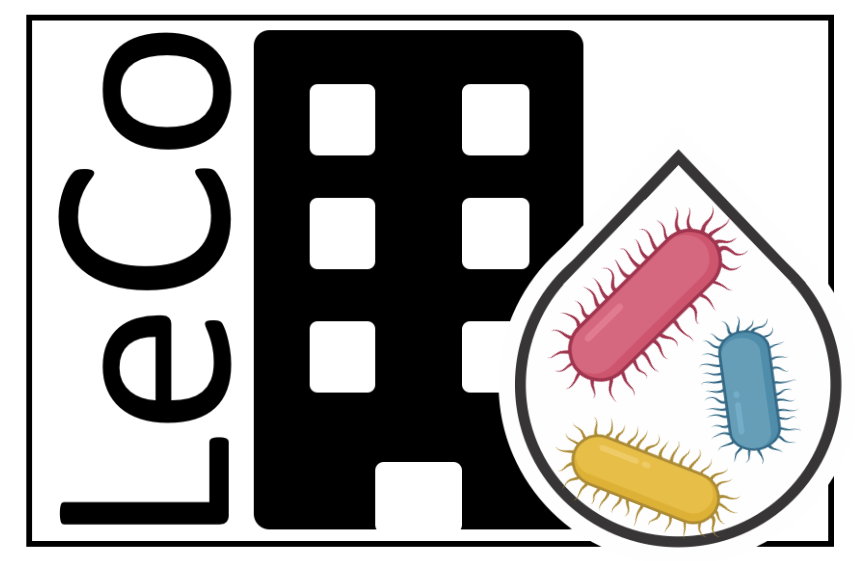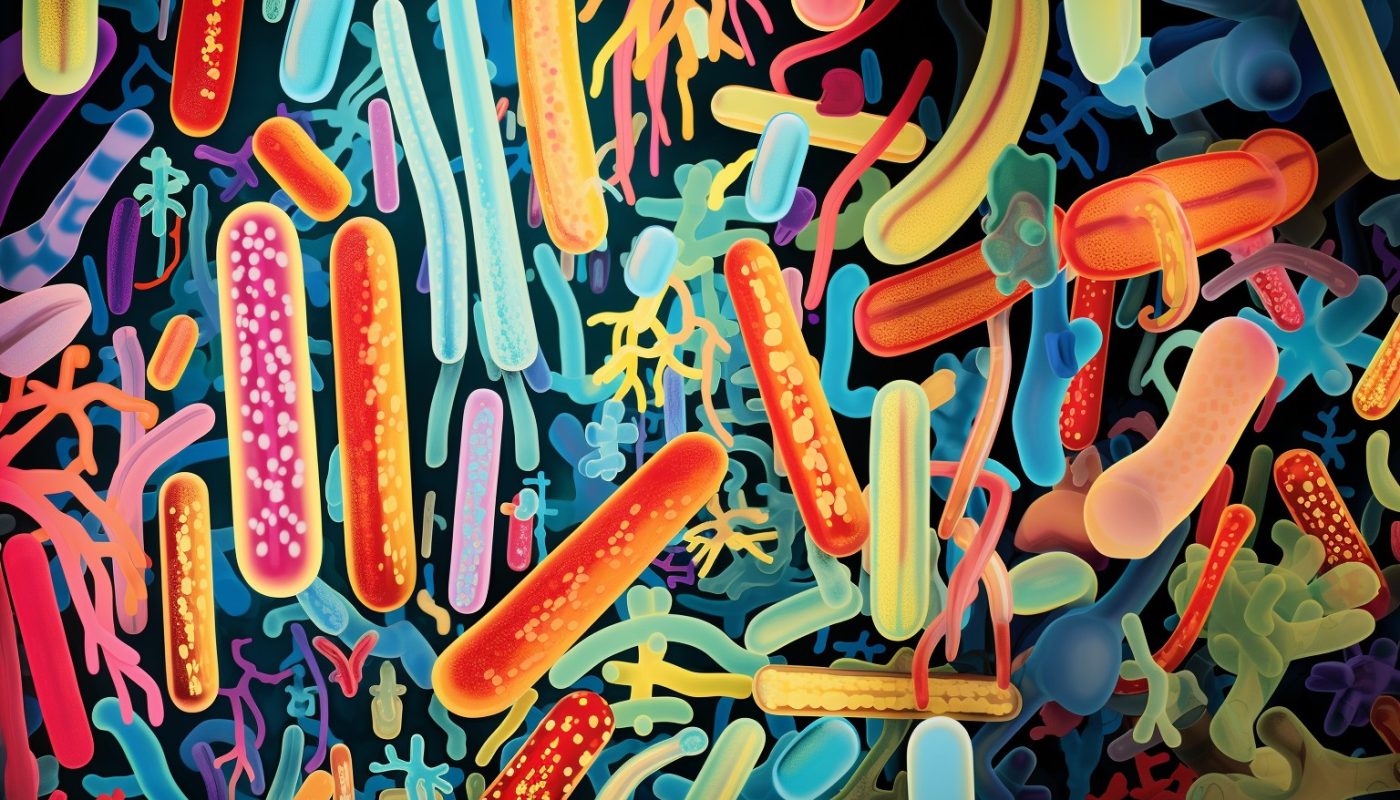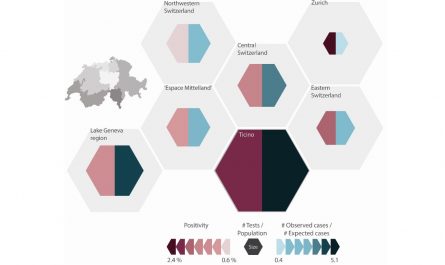Legionella do not live in isolation; they share the available space in biofilms with many other microorganisms. Their interactions with these organisms could give key insights on Legionella persistence and proliferation. Our paper characterizes the microbial communities (bacteria and protists) of 85 shower hose biofilms and analyzed their associations with Legionella.
In the past, most Legionella research was done with pure cultures. These studies were thus neglecting the interactions Legionella might have with other microorganisms. It is now known how important microbial interactions are, and how they shape the occurrence and behavior of the different species in a biofilm. Since this has also an effect on Legionella persistence and proliferation, we investigated these associations closely.
In particular, we collected 85 shower hoses from a single building with historical problems of Legionella contamination; After we cut them open and extracted the biofilm in our laboratory, we recovered the DNA of all the microorganisms living in the biofilm and sequenced it. Using this DNA, we identified the organisms present in each sample, allowing us to get an overview of the communities (bacteria and protists) living in the shower hoses. We then applied statistical tools to detect possible associations (positive or negative) between specific organisms and Legionella in our samples, we generated several insights:
1) we gained a perspective of the microbial environment that favors Legionella.
2) we found that different species of Legionella are inhabiting the same shower hose biofilms.
3) we detect “friends and enemies” of Legionella, which could be useful in the future for the pipe-dream of developing a water probiotic approach.
These studies and analyses make it easier to understand the ecology of the bacterium, which can simplify the control and monitoring of this pathogen.
Alessio Cavallaro is a 4th year PhD student in the Drinking Water Microbiology group at Eawag. He is a biotechnologist by training and interested in various aspects of microbial ecology and genetics. Within the LeCo project, he studies how Legionella interacts with other microorganisms and tries to find anti-Legionella bacteria/compounds as an alternative strategy to control the pathogen in the environment.
Link Publication: Legionella relative abundance in shower hose biofilms is associated with specific microbiome members | FEMS Microbes | Oxford Academic (oup.com)




